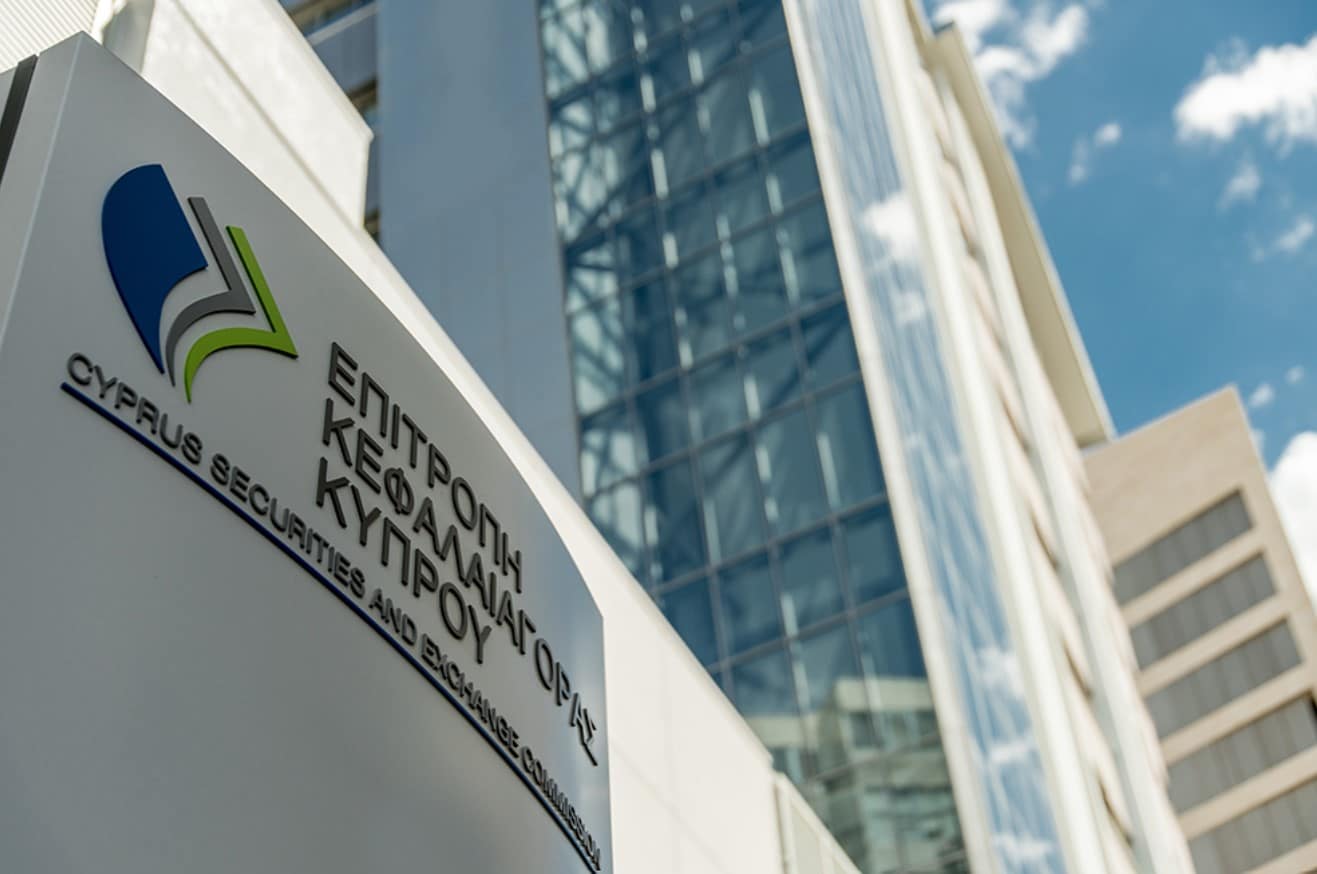Regulator responds to media reports, defends supervisory framework
The Cyprus Securities and Exchange Commission (CySEC) on Thursday issued a statement reaffirming that the country’s regulatory framework for the investment and capital markets sector is fully aligned with European Union law.
“This does not merely constitute a regulatory obligation, but a strategic choice aimed at ensuring transparency, mitigating risks, and reinforcing the effective functioning of the market,” the commission said.
“Since Cyprus’ accession to the EU in 2004, all relevant legislation and regulatory provisions are bound to the EU acquis, with CySEC committed to maintaining a supervisory framework that is reliable, transparent, and functionally comparable to that of all other EU member states,” it added.
Moreover, the commission said procedures for assessing, licensing and supervising obliged entities are carried out in accordance with EU directives and regulations, without exceptions or derogations.
“Compliance with the European supervisory framework is a non-negotiable principle for CySEC, as we work to maintain trust in the Cypriot capital market and support the attraction of investments under conditions of legality and sound governance,” it said.
“This is clearly reflected in the positive evaluations the sector has received from European and international bodies, such as ESMA and MONEYVAL,” it added, stressing that these are “assessments which CySEC welcomes, as they contribute to the continuous enhancement and strengthening of the sector“.
The regulator also highlighted its participation in EU working groups on the implementation of the new anti-money laundering package, saying this demonstrates its commitment to timely transposition of new measures into national law.
The statement comes after a series of events that began in May of this year, when Paphos mayor Phedonas Phedonos alleged links between foreign exchange companies in Cyprus and Latin American drug cartels, claiming the island was becoming part of the cartels’ money-laundering network.
Phedonos had described Cyprus as “a market for high drug consumption” and accused organised crime groups of exploiting weaknesses in the system, calling on authorities to investigate why some Cyprus-based forex companies were setting up subsidiaries in Latin America and how funds were moving without scrutiny.
Following those remarks, police chief Themistos Arnaoutis called on him to substantiate his claims.
In June, CySEC responded by saying it was taking practical steps to collect all available data and information before deciding whether to investigate the claims, adding that it fully cooperates with domestic and international authorities.
More recently, an opinion piece in a Cypriot newspaper accused the mayor of damaging Cyprus’ reputation by bringing the issue to foreign media.
Phedonos replied that “public denunciations do not tarnish Cyprus’ image” but rather “those who exploit weaknesses in the system to continue illegal practices without consequences”.
He added that the real damage to the country’s reputation is caused by “those who benefit from a lax supervisory framework and said international scrutiny should be welcomed”.






Click here to change your cookie preferences